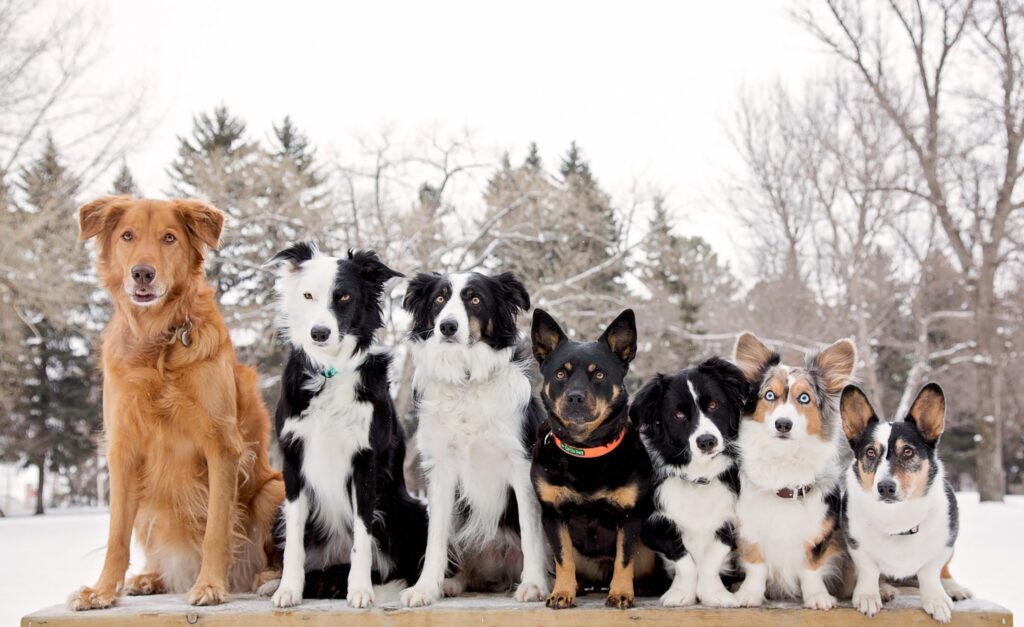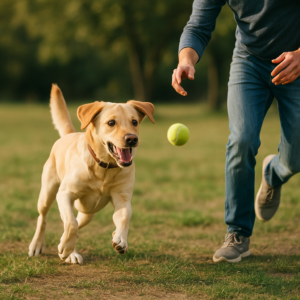
How to Choose the Right Dog for Your Lifestyle
Getting a dog is a major decision that comes with long-term responsibility. Before bringing a new dog into your home, it’s important to choose a breed and temperament that aligns with your lifestyle, schedule, and living situation.
Many factors determine whether a dog will be the right fit for you, from energy levels and size to age and household dynamics. Below, we’ll discuss the key considerations to help you make the best choice when selecting a new dog.
1. Consider Your Lifestyle
Your daily routine, work schedule, family members, and activity level all play a significant role in determining what type of dog is best for you.
Key Factors to Consider:
- Work Schedule – Do you have time for daily walks, playtime, and training?
- Family Members – Do you have young children, elderly parents, or other pets?
- Activity Level – Are you looking for a high-energy running companion or a low-maintenance lap dog?
- Allergies – Do you or your family members have allergies? If so, consider a low-shedding or hypoallergenic breed.
Choosing the Right Dog for Your Lifestyle
- If you have a busy work schedule with limited free time, choose a breed with lower energy needs, such as Bulldogs, Basset Hounds, or Cavalier King Charles Spaniels.
- If you have young children or elderly family members, look for a dog with a gentle, calm temperament to avoid accidental injuries.
- If you’re considering a rescue dog, be sure to understand their temperament and background to avoid bringing home a dog with behavioral issues that may not suit your household.
For active individuals, working breeds such as Labrador Retrievers, German Shepherds, Belgian Malinois, and Border Collies thrive in homes that provide structured exercise and training.
2. Choosing the Right Dog Size
The size of your dog significantly impacts factors like exercise space, food costs, and leash handling.
Large Breeds (Labradors, Great Danes, German Shepherds)
✔ Require more space—not ideal for small apartments.
✔ Need higher food intake, leading to higher costs.
✔ Stronger dogs require proper leash training to prevent pulling.
Small Breeds (Dachshunds, French Bulldogs, Chihuahuas)
✔ Adapt well to apartment living with limited space.
✔ Easier for small owners or those with physical limitations to handle.
✔ Require less exercise but still need mental stimulation.
If you live in a small apartment with no yard, a large, high-energy dog may not be ideal. Instead, consider a smaller breed or a lower-energy large breed that doesn’t require excessive space.
3. Puppy vs. Adult Dog: Which is Right for You?
Pros and Cons of Getting a Puppy
- Cute and full of energy, but require intensive training.
- Need housebreaking, socialization, and behavior shaping.
- Require constant supervision to prevent destructive habits.
Benefits of Adopting an Adult Dog
- Many adult dogs are already potty trained.
- They may have prior obedience training.
- Less destructive than young puppies.
Regardless of age, every dog requires some level of training to ensure good behavior, safety, and proper socialization.
Not Sure Which Dog is Right for You? We Can Help!
If you’re unsure which dog breed, size, or age is best for your lifestyle, Prestige Dog Training Academy is here to guide you. We can help match you with the right dog and provide professional training to ensure a smooth transition.
📞 Call us today at 312-380-1474 to get expert advice and start your journey with the perfect dog!



